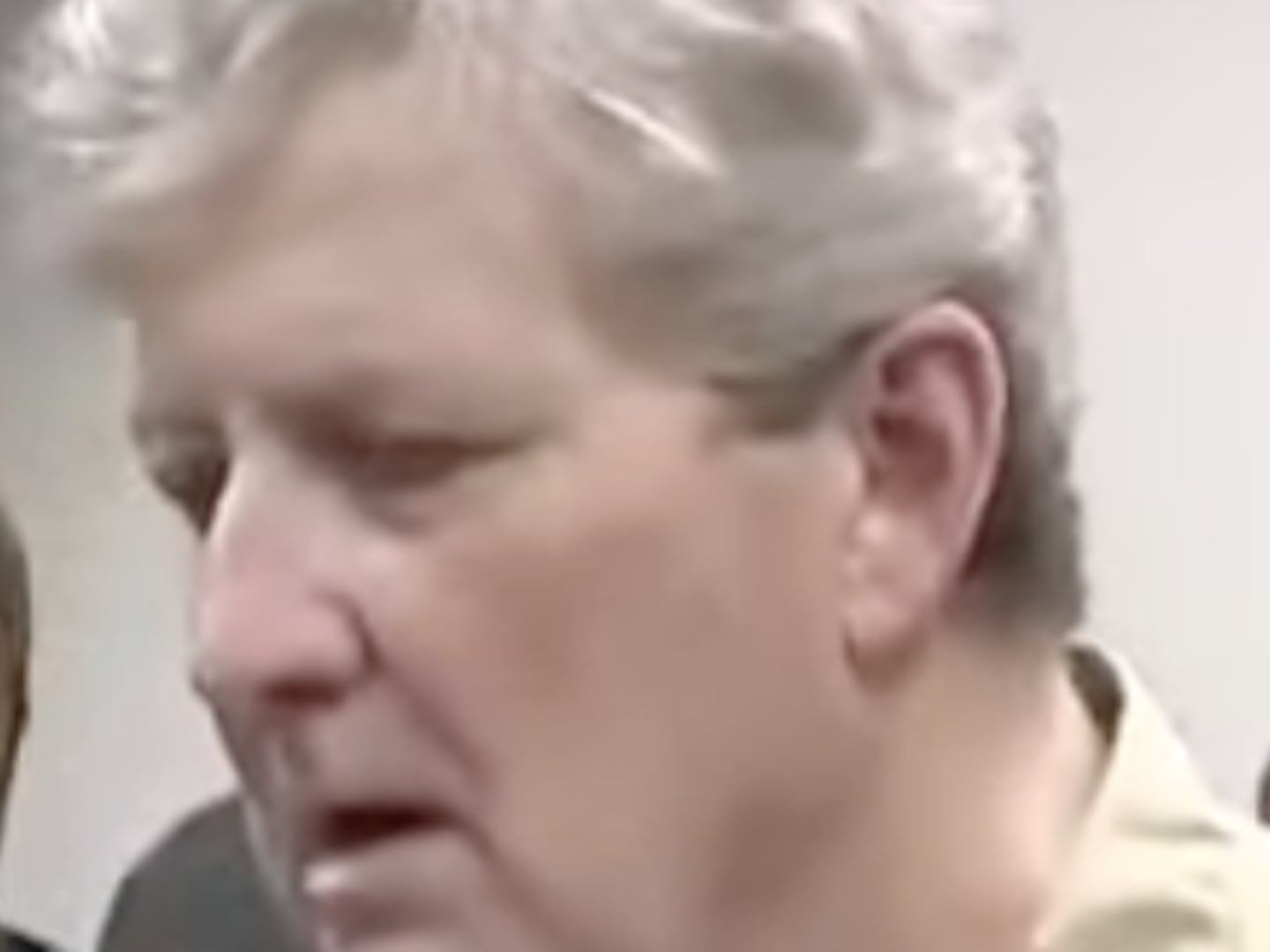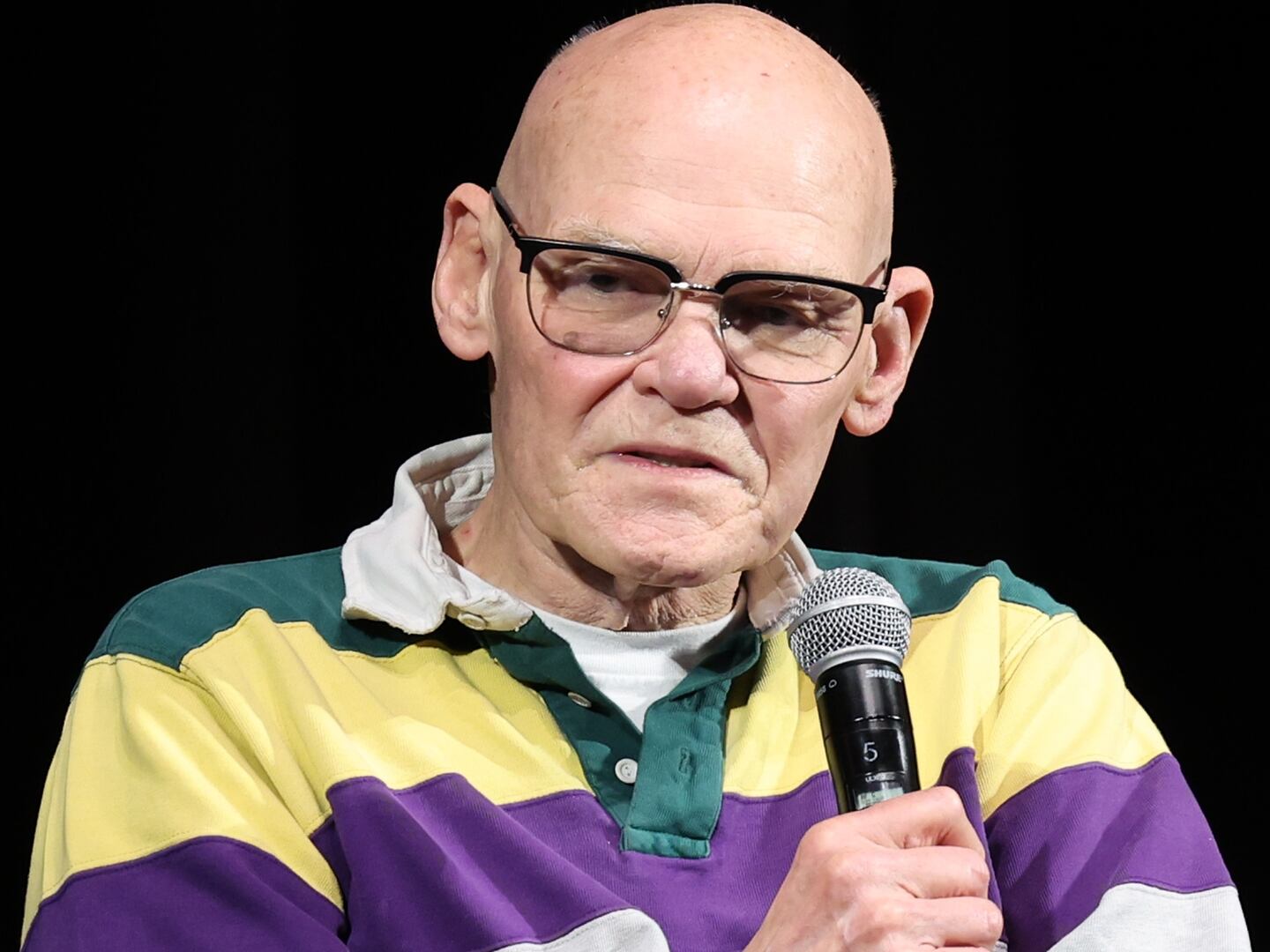Entertainment
HBO
‘Silicon Valley’ Season 3: Looser, Funnier and More Confident Than Ever
RIGBY
In its third season, HBO’s Silicon Valley has finally realized its potential as one of the funniest and most confident shows on television.






